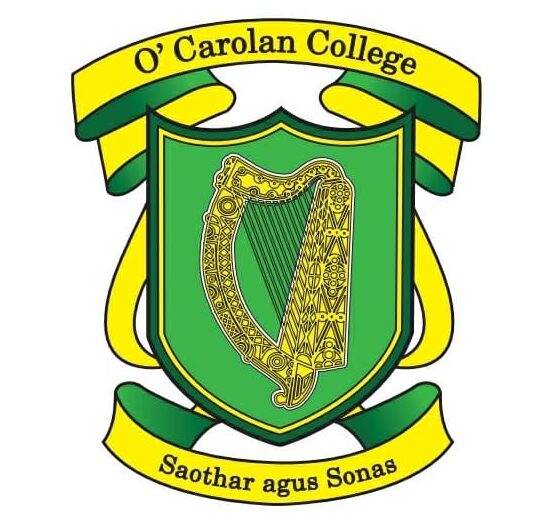Assessment in Junior Cycle
National Examination Results
During year 3 of Junior Cycle, the students undertake two national assessments, the state examinations in June and the assessment task (AT).
The state examinations are drafted by the state examinations commission (SEC). Student performance on these examinations contributes 90% of their national examination results. These exams are drafted to indicate the student progress in achieving the learning outcomes listed in the specification. As there is not always specific content required to be covered in some of the new Junior Cycle specifications, these exams are not designed to be answered by just memory – recall. Instead, they should demonstrate what the students can do with their knowledge and understanding of a subject. Students can sit either a higher level and ordinary level examination for English, Irish and Mathematics only. All other subjects are completed at a common level for all students.
Classroom-Based Assessments
Other Areas of Learning
This section provides an opportunity for schools to report on student achievement in other areas of learning including short courses that may have been included in the school’s junior cycle programme. It may also report on other learning experiences and events that the student has participated in. Schools may also wish to include broader aspects of reporting in this section, or areas such as attendance, personal and social development and learning dispositions.
The Junior Cycle Profile of Achievement (JCPA) gathers evidence from these three domains of students learning and experiences onto one document. It allows for a more comprehensive set of results that indicates how students engaged in the learning process of the Junior Cycle programme, and indicates their progress at the end of the programme.
